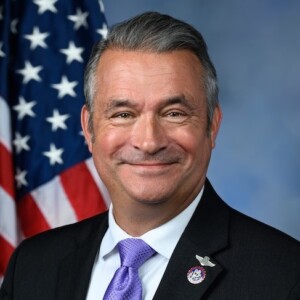BLM’s Draft Moab Master Leasing Plan Builds on Keystone Policy Center Work
Agency Cites, Builds on Keystone’s Moab Master Leasing Plan Stakeholder Mapping Workshops
DENVER, August 21, 2015 — The Bureau of Land Management’s draft Moab Master Leasing Plan (MLP), published in the Federal Register today, directly cites the Keystone Policy Center’s work as an important part of building its understanding of Moab-area stakeholders’ agreements and disagreements, interests, and concerns. Christine Scanlan, president and CEO of the Keystone Policy Center, said the BLM’s decision to utilize Keystone’s work highlights the importance of the organization’s work on natural resource and conservation issues.
“Our independent workshops started an important dialogue about the future of federal lands around Moab, and we are proud the BLM carefully considered our resulting 2014 report. The BLM’s decision to rely on our work to chart a future for the Moab area only underscores the important work Keystone does every day,” Scanlan said. “We at Keystone urge the people of Utah and stakeholders across the nation to continue sharing their perspectives during the ongoing 90-day comment period on the BLM’s draft Master Leasing Plan.”
The Keystone Policy Center submitted its final report to the BLM in April 2014, following two stakeholder workshops — convened independent of the BLM on February 19, 2014, and March 19, 2014. Keystone’s Report [PDF] outlines “areas of conflict,” “zones of agreement,” and “areas for further research with respect to recommended location of oil, gas, and potash development.”
“BLM utilized information in this report as an additional inventory of the resources and uses within the Planning Area to develop the alternatives in the Moab MLP,” the BLM said in its Draft Resource Management Plan Amendments/Draft Environmental Impact Statement.
The BLM also built on the process Keystone used in Moab to more finely assess stakeholder concerns and the effects of resource development in “areas of critical environmental concern.” The process was important to build stakeholder understanding of areas of significant importance to the many recreational, resource development, and other local, state, and federal interests.
About Keystone Policy Center
Keystone Policy Center brings together crucial teams of stakeholders who have diverse individual perspectives but recognize a common need to address urgent issues with lasting solutions. For more than 40 years, Keystone has helped leaders move beyond fixed positions toward collaborative, action-oriented approaches to problem-solving. In this age of polarized debate on nearly every major topic in public policy, Keystone offers a refreshing yet proven blueprint for progress.









